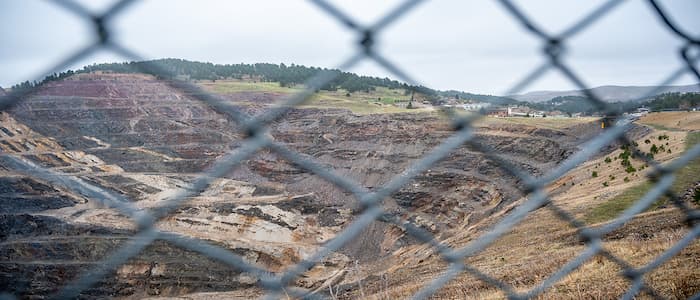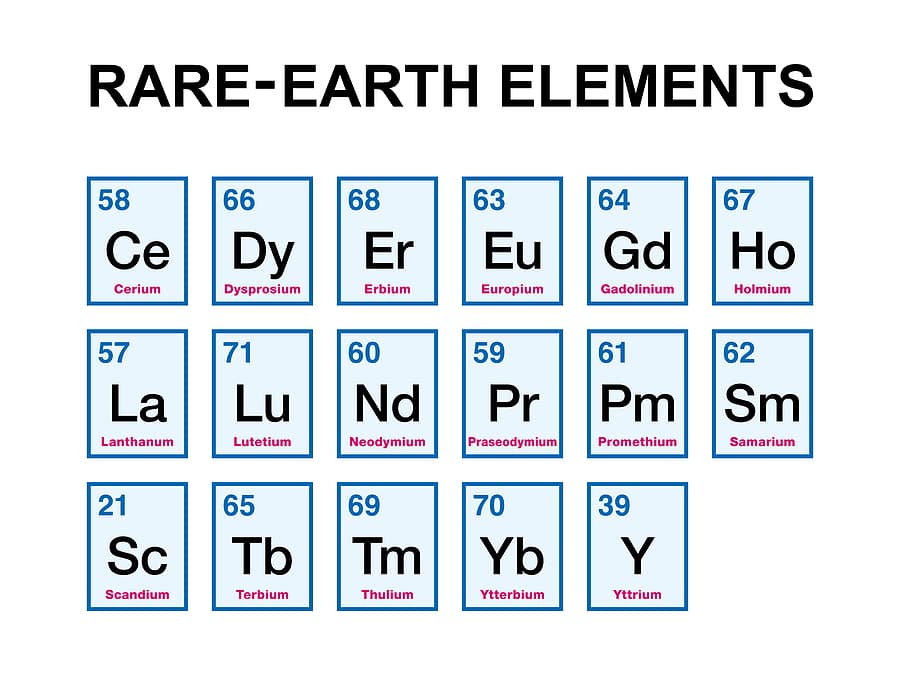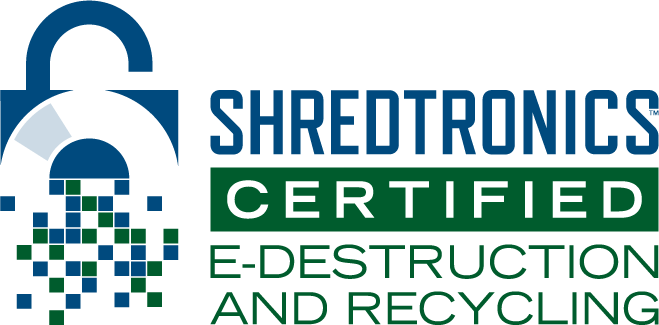
Rare earth minerals are some of the most widely used materials in technology today. They are crucial for nearly every piece of technology, from computers to cell phones, to cars. Their importance only continues to grow as well, with demand rising as technology expands into every facet of modern life. Sourcing these crucial minerals, however, provides challenges. Rare earth recycling will play a crucial role in the years to come to solve this problem.
Why Rare Earth Recycling Is Important
17 elements make up rare earth metals. While we’ve known about many of them for decades and centuries now, they only became important to the global economy with the rise of technology. Their importance comes from their role in microchips, magnets, batteries, and catalysts.

Their rareness is a slight misnomer, as you can find these elements all over the world. However, the difficulty comes when you try to extract them in usable quantities. Nearly all of the 17 elements are only found connected to other minerals. Isolating them requires mining a significant amount of terrain. Then, their separation requires the use of environmentally toxic acids. To produce usable quantities, mining and processing companies create tons and tons of pollution.
Reducing this pollution is important both for the health of the environment and for the health of the people living near the mines or processing centers. For every ton of rare earth recycled, tens of tons of raw earth can remain in the ground. In addition, that means those rare earths don’t go on to pollute the environment when dumped into landfills.
How Rare Earth Recycling Currently Works
The process of recycling rare earth metals is currently in its relative infancy. Up until the explosion of technology use, and the advent of electric cars, the demand simply wasn’t there. That’s changing. As the realization that we only have a finite supply of these materials, and an ever-expanding use of them, set in, there’s been a significant uptick in demand.
As it stands, the most effective way to recycle rare earths follows a similar process to their initial extraction. Instead of sorting through dirt and rocks, a recycler breaks down old technology. Then, those disassembled materials are run through acid, separating the rare earths from the rest of the metals and plastics.
Unfortunately, this method also pollutes, as the acids currently in use are environmentally toxic. It also requires significant amounts of heat to get to a capable temperature, and if fossil fuels are used, it’s not exactly sustainable. Depending on the amount of rare earths the process gains, it can still be worth the effort, as those rare earths won’t need mining and extracting.
How Recycling Technology Could Change in the Near Future
So now you might be wondering – what’s the point of recycling my electronics? Currently, it’s still worth doing, as there are plenty of materials like gold, copper, platinum, and more that are easy to recycle and reuse.
Specifically for rare earth metals, the worth is likely to come in the near future. Governments and companies around the world are researching pioneering methods to extract rare earth metals from old technology. The techniques are varied, from specifically grown microbes to oxidation techniques, to less toxic and naturally occurring acids. All of these methods can separate these rare earth minerals at a fraction of the pollution cost.
The space is incredibly exciting, and it’s not a reach to say that in the next few years there will be a viable and effective way to recycle rare earths from old technology. These developments will be good for the planet, and for everyone who wants better technology.
ShredTronics Can Help With Rare Earth Recycling Today
While rare earth recycling isn’t perfect yet, it’s still important to recycle your old technology. Recyclers can still recover significant amounts reusable of rare earth material, as well as protect the environment from the toxicity electronic waste generates.
If you’re looking to recycle your old electronics, ShredTronics can help. Give us a call at (844) 648-4908, or fill out the form on the page, and we’ll connect you to a trusted and sustainable recycling service in your area.











